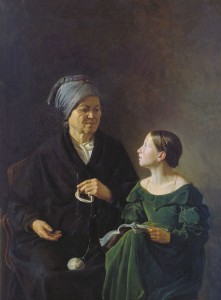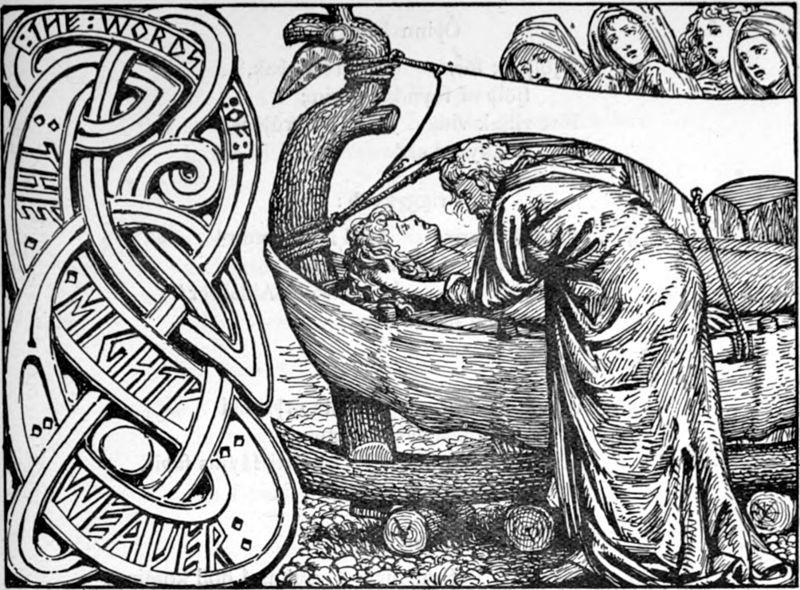Optimism is not about whistling happy tunes to ourselves when life gets challenging. It is about disciplining our minds to create more empowering explanations of what’s going on. – Martin Seligman
Where there is no vision, the people perish. –Proverbs 19:18
This is my final blog on aging, at least for the moment. As I said at the beginning of this series, I am contemplating writing a book on this topic and I would very much appreciate your thoughts about what I have to say and about the wisdom of publishing such a book in an already crowded field. I want to thank those of you who have already written responses. You have been most helpful and, at least at this point, there seems to be genuine interest in my project.
So to conclude this brief overview, one of the hallmarks of being human is our self-consciousness, our awareness of our awareness. Much of education is, or should be, geared to improving, to making more nuanced and sophisticated, this wonderful and crucial capacity. Our social lives take care of making us self-conscious, a feat we have so refined that it often becomes a barrier to getting something done well. But, unfortunately, many people fail to attain a comparable self-awareness of their interpretive frameworks.

If we don’t realize there are alternative interpretations or story lines to make meaning of our experiences, unless we are fortunate to inherit a perspective most appropriate to a given situation we are likely to be flat-footed and plodding in our attempts. More adequate capabilities require imagination and a rich array of interpretive strategies, and we must also be capable of modifying any given interpretation to fit the unique and complex contours of any experience.
For much of the meaning we experience, and thus the wisdom we might impart in old age, depends on having the wisest interpretive frameworks possible. Study and reflection are mandatory, but so are imagination, humor and flexibility, often the characteristics we believe the aged lack. Learning, refining and retaining these virtues requires studied attention as we age.
The other half of the equation is that story-tellers require listeners. Thus part of our preparation for becoming old is to be compassionate in relation the elderly. Thomas Merton once remarked that “there is no wilderness so terrible, so beautiful, so arid and fruitful as the wilderness of compassion.” Compassion creates the space within which meaning can blossom. If we are not compassionate toward the elderly, if we do not listen well and often, if we do not give to them so that they can receive, we are stifling the flow that nourishes the cycle of life. And thus we condemn ourselves to a meaningless old age when our wheel turns around.
Let me end with a quote from Chaim Potok’s book, My Name is Asher Lev. In it the young painter asks his father about life and death—the proverbial child’s question, “why must things die?” His father’s answer is that God made death “so life would be precious, Asher. Something that is yours forever is never precious.”
[Contributed by Bob Sessions]











